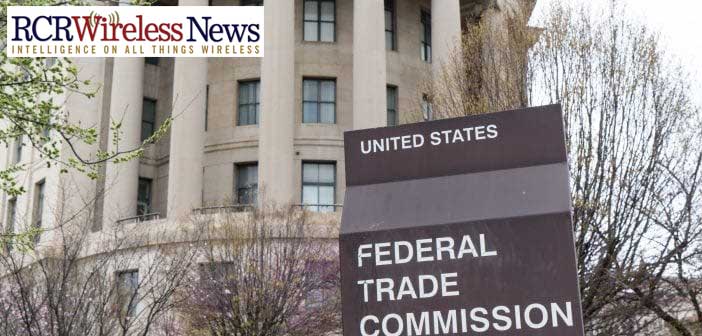28
Sep
FTC vs. Qualcomm – FTC Chairman authorizes another swing at Qualcomm

Right before the passing of the deadline, as expected, the Federal Trade Commission (FTC) took another swing at Qualcomm by filing a request to reconsider the recent appellate court decision. But to everybody’s surprise, the FTC Chair and Trump appointee Joseph J. Simons, coming out of recusal, authorized that decision.
This request will again set in motion activities at The United States Court of Appeals for the Ninth Circuit (Ninth Circuit). After a few more weeks of action, I believe, eventually, this case will go into the history books as a great precedent for antitrust law in the realm of patents and licensing. Interestingly, Apple which was the alleged instigator of this case is already using this precedent to fight its case against Epic Games!
Side note: If you would like to know the full background of the case, refer to my earlier articles in the FTC vs. Qualcomm article series.
Well expected action by FTC but not by its chair
Even after the emphatic rebuke from the unanimous Ninth Circuit panel, FTC was well expected to file this request called en banc, as I predicted in my earlier article. There are many reasons for it: First, it doesn’t require much effort, only a short brief need to be submitted. Second, even in the unlikely event that its request is accepted, the rehearing will be short with minimal participation from FTC. Third, FTC would not like to appear as if it has given up on the case.
The most surprising thing was FTC’s chairman Simons siding with the other two commissioners resulting in the 3-2 in favor of en banc. He was recused from the case till May 2020, because his previous employer, Paul Weiss Rifkind Wharton & Garrison, advised Qualcomm on its unsuccessful bid to buy NXP Semiconductors. Since he is a Trump appointee, and the FTC case was filed in the wee hours of the Obama administration, even without the full commission in office, it was widely assumed that he would be against the case. Additionally, the administration’s Department of Justice (DoJ), Department of Defense, and few departments are also against the case, and in an unusual move, DoJ forced themselves into the Ninth Circuit hearing and argued against FTC.
The reasons behind Simons vote are not clear. Trump tweeting about government agencies not acting against tech companies might have made him show some action but on the wrong target. Since this was an easy move for FTC, he must have thought of going along with FTC staff during the last step of this case. Or maybe he actually believes in the case? We can only speculate. FTC taking the full 45 days available to file the request was also interesting. Maybe they are taking a more critical look at the case. As you may know, because of the 2-2 tie at the commision, FTC staff was running the show till now.
How does en banc work?
En banc is a process through which either of the parties requests the entire bench of the Ninth Circuit to reconsider the case. If you recollect, the earlier decision was heard by a three-member panel. Now, the full bench with 29 judges, minus any recusals, will take a vote on the request. If the majority votes to accept the request, the case will be assigned to another panel of 11 judges for a rehearing. The rehearing is expected to be short, only requiring Qualcomm to submit a reply to FTC’s en banc brief. No new evidence, and typically no physical hearing.
The rehearing has a quite high bar. Historically, less than one percent of the requests have been accepted. Only cases that are consequential for precedence, or that contradict any previous rulings or resolve any previous contradictions in the circuit are accepted. Also, the bench’s view of whether the panel has correctly applied the appropriate laws is a crucial consideration.
What is FTC arguing?
The 83-page long brief filed by FTC relies on many of their same arguments presented earlier in the case. Here are a few things, that are new and worth noting:
-
Argues that the Ninth Circuit panel only examined the applicability of the antitrust law to patents and licensing, and opined it is not, which obviously FTC disagrees
-
Points out that the panel did not disagree with any of District Judge Koh’s findings, and hence they must be true. Further, they refer to them as “facts” which I think is a big leap of faith
-
Relies heavily on United Shoes and Microsoft antitrust cases and attempts to draw strong parallels between them and Qualcomm. Clearly, they have learned their lesson and have moved away from the Aspen Skiing case!
-
Argues that Qualcomm’s royalties are inflated because of its chip monopoly, because, as claimed unsuccessfully before, its peers’ licensing revenues are much lower.
